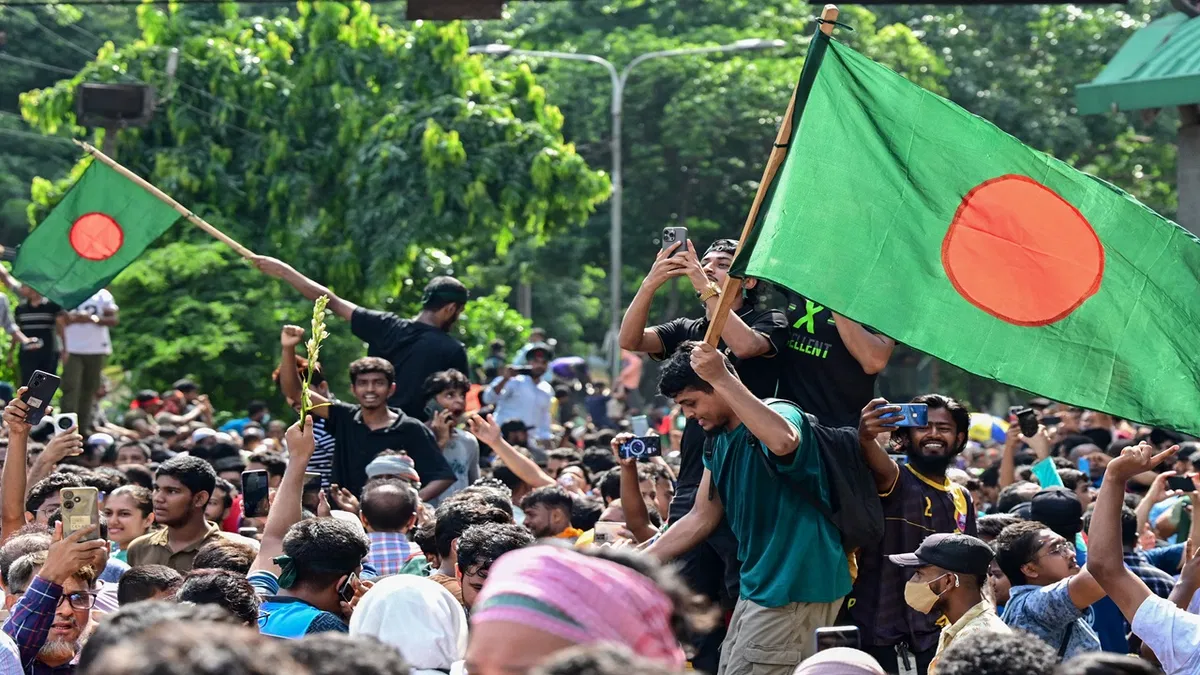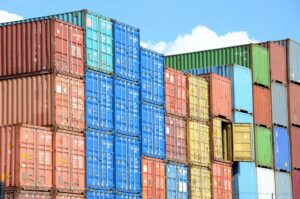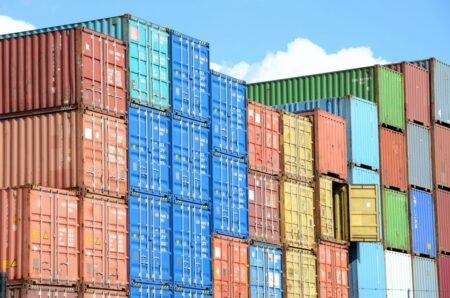Amid Bangladesh turmoil, India’s textile sector explores opportunities but faces challenges in scaling up capacities.

The ongoing political unrest in Bangladesh has sparked discussions within India’s textile sector on capitalising on potential shifts in global sourcing. The Ministry of Textiles held preliminary talks with industry stakeholders to explore opportunities arising from a possible “Bangladesh plus one” scenario, where international brands may seek alternative suppliers due to disruptions in Bangladesh.
A key concern highlighted during a meeting with Textile Secretary Rachna Shah was India’s limited capacity to quickly scale up and meet any surge in demand. “India may not immediately benefit from Bangladesh’s production loss as our capacity can’t be augmented rapidly,” an industry source said. “Only knitwear producers, mainly in Tirupur, who directly compete with Bangladesh, may see some limited gains.”
Bangladesh’s garment industry, which generated $47 billion in exports in 2022-23, took a significant hit due to widespread anti-government protests following former Prime Minister Sheikh Hasina’s departure and the takeover by interim leader Muhammad Yunus. While normalcy is gradually returning in cities like Dhaka and Chittagong, concerns remain that global brands may be hesitant to expand sourcing from Bangladesh.
Mithileshwar Thakur, Secretary General of the Apparel Export Promotion Council, noted that while some US and European orders could shift to India, capacity limitations mean that competitors like Vietnam, Turkey, and Sri Lanka are better positioned to absorb the demand. “Premium denim might move to Turkey or Portugal, while other garments could go to Morocco, Romania, and Bulgaria,” Thakur said. He emphasised the need for policy changes to help Indian manufacturers compete on cost and increase production capacity.
The government is optimistic about the upcoming Mega Integrated Textile Region and Apparel (PM MITRA) parks, which aim to boost the sector with an investment of ₹4,445 crore. However, industry representatives pointed out that these parks won’t materialise quickly enough to meet immediate needs. They also urged the government to liberalise fabric import policies, especially for man-made fibres, to ease sourcing challenges.
The discussions also touched on the need to expand production in rural areas, where labour availability is higher, rather than waiting for workers to migrate to urban factories. “India missed out on capitalising on the ‘China plus one’ strategy after COVID-19. We must seize the ‘Bangladesh plus one’ opportunity if it arises, or it will be another missed chance,” the source concluded.











